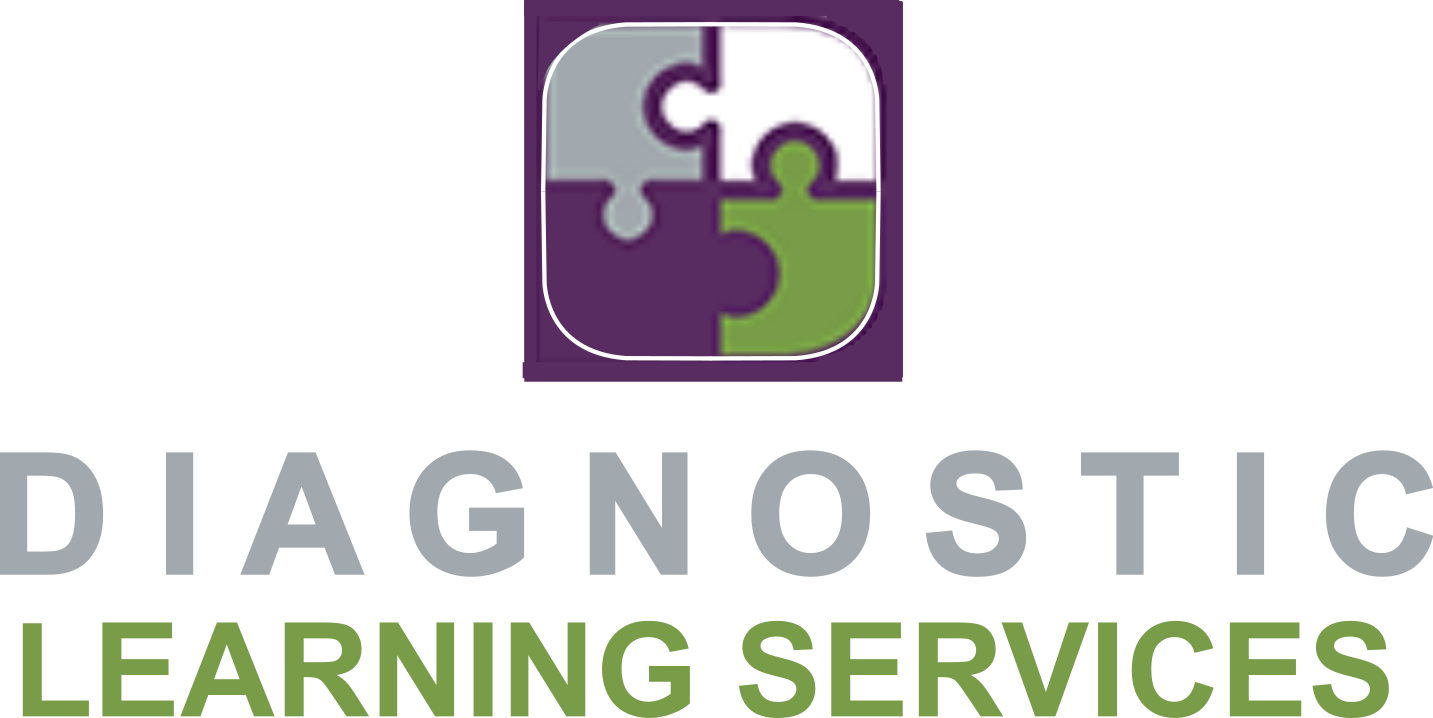Guiding Your Child's Reading Journey: Milestones and Concerns for Ages 5-7
As a parent or caregiver, one of the most exciting milestones you'll witness is your child learning to read. Understanding the typical developmental stages of reading can help you support your child's journey and know when to seek extra assistance if needed. In this blog, we'll explore the age-appropriate reading skills for 5, 6, and 7 year olds, along with signs to watch for if you're concerned about your child's progress.
Age 5: Exploring the World of Letters and Sounds
At age 5, children are laying the foundation for reading. Here's what you can expect:
1. Letter Recognition: Children should recognize and name most uppercase and lowercase letters.
2. Phonemic Awareness: They begin to understand that words are made up of individual sounds and can identify the beginning sounds of words.
3. Vocabulary Growth: Their vocabulary expands rapidly, and they start to understand and use more descriptive words.
4. Story Understanding: They enjoy listening to stories and can retell basic storylines in their own words.
When to Be Concerned: If your child shows little interest in books or struggles to recognize any letters or produce any sounds, it may be worth discussing with their teacher or a literacy specialist to rule out any potential issues.
Age 6: Building Confidence and Fluency
At age 6, children are gaining confidence in their reading abilities. Here's what to look for:
1. Sight Words: They can recognize and read common sight words, as well as sound out simple, phonetically regular words.
2. Reading Fluency: They read with more fluency and expression, and they start to tackle longer sentences and paragraphs.
3. Comprehension Skills: They begin to understand the main idea of a story and can answer basic questions about it.
4. Independent Reading: They enjoy reading simple books on their own and may start to show preferences for certain genres or topics.
When to Be Concerned: If your child struggles significantly with decoding words, has difficulty reading simple sentences fluently, or seems frustrated during reading activities, it's a good idea to seek advice from their teacher or a reading specialist.
Age 7: Moving Toward Proficiency
By age 7, children are becoming more proficient readers. Here's what to expect:
1. Phonics Mastery: They can decode unfamiliar words using phonics rules and recognize common spelling patterns.
2. Vocabulary Growth: Their vocabulary continues to expand, and they understand more complex words and concepts.
3. Reading Comprehension: They can understand and summarize longer texts, make predictions, and identify story elements like characters, settings, and plot.
4. Enjoyment of Reading: They develop a love for reading and may actively seek out books and other reading materials.
When to Be Concerned: If your child struggles with reading fluency, comprehension, or shows a lack of interest in reading despite your encouragement, it's important to seek support from their teacher or a reading specialist to address any potential difficulties before they impact their academic progress.
